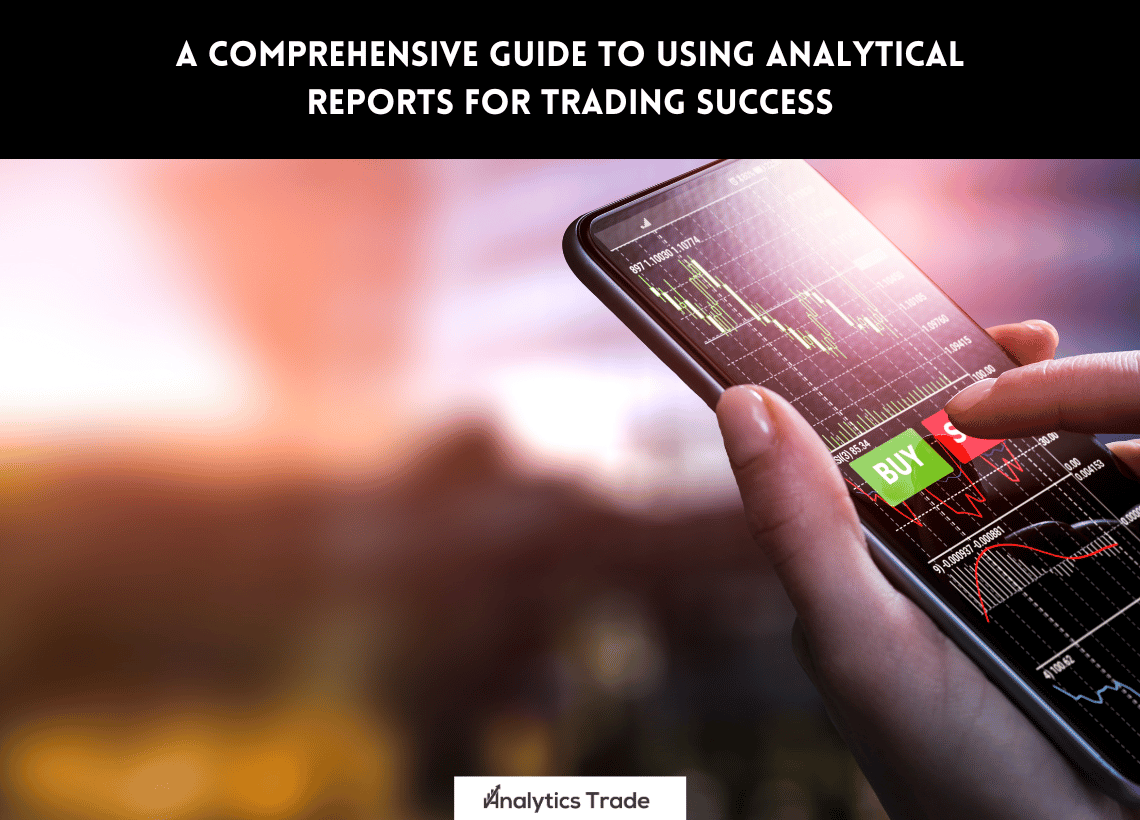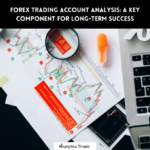What Are Analytical Reports?
Analytical reports are documents that provide an overview of the performance of a particular asset, such as a stock, currency, or commodity. They are typically created by financial analysts and provide an in-depth analysis of the asset’s performance over a given period of time. Analytical reports can be used to make informed decisions about trading strategies, as well as to identify potential opportunities and risks.
Types of Analytical Reports
There are several different types of analytical reports that can be used to evaluate the performance of an asset. These include:
- Fundamental Analysis Reports – These reports provide an overview of the asset’s fundamental characteristics, such as its price, volume, and market capitalization. They can also provide insight into the asset’s underlying value and potential for future growth.
- Technical Analysis Reports – These reports provide an overview of the asset’s price movements over a given period of time. They can be used to identify trends and patterns that can be used to make informed decisions about trading strategies.
- Sentiment Analysis Reports – These reports provide an overview of the sentiment of the market towards a particular asset. They can be used to identify potential opportunities and risks.
How to Interpret Analytical Reports
Interpreting analytical reports can be a complex process, as they often contain a large amount of data. However, there are some key points to consider when interpreting an analytical report:
- Look for patterns – Analytical reports often contain patterns that can be used to identify potential opportunities and risks. Look for trends in the data, such as price movements, volume changes, and sentiment shifts.
- Consider the context – Analytical reports should be interpreted in the context of the overall market. Consider the performance of other assets and the overall market sentiment when interpreting an analytical report.
- Look for correlations – Analytical reports often contain correlations between different assets. Look for correlations between the asset being analyzed and other assets to identify potential opportunities and risks.
How to Use Analytical Reports for Trading Success
Analytical reports can be used to make informed decisions about trading strategies. Here are some tips for using analytical reports to improve trading success:
- Set realistic goals – Analytical reports can be used to set realistic goals for trading success. Consider the data in the report and set achievable goals that are in line with the asset’s performance.
- Identify opportunities – Analytical reports can be used to identify potential opportunities. Look for patterns in the data and consider the overall market sentiment to identify potential opportunities.
- Manage risk – Analytical reports can be used to identify potential risks. Look for correlations between the asset being analyzed and other assets to identify potential risks.
- Monitor performance – Analytical reports can be used to monitor the performance of a particular asset. Monitor the performance of the asset over time to identify potential opportunities and risks.
Table of Analytical Reports
| Type of Report | Description |
|---|---|
| Fundamental Analysis Reports | Provide an overview of the asset’s fundamental characteristics, such as its price, volume, and market capitalization. |
| Technical Analysis Reports | Provide an overview of the asset’s price movements over a given period of time. |
| Sentiment Analysis Reports | Provide an overview of the sentiment of the market towards a particular asset. |
Conclusion
Analytical reports can be a valuable tool for traders looking to improve their trading success. They provide an in-depth analysis of the performance of a particular asset, which can be used to make informed decisions about trading strategies. By understanding the types of analytical reports available, how to interpret them, and how to use them to make informed decisions, traders can improve their trading success.






Comments